Urban Retail’s Momentum Builds Cautiously
Some tenants are on the sidelines while others carefully forge ahead, write Maven Commercial's Lorraine Adney and Ali McEvoy.

Retail dealmaking is feeling the strain of economic uncertainty as both landlords and retailers navigate a landscape shaped by fluctuating interest rates, changing political landscapes, shifting tariffs and wavering consumer confidence. While many are looking ahead in hopes of greater clarity, the realities of today’s market are already influencing how deals are getting done. Based on our work advising landlords and national retailers on urban retail spaces in Northern California and Greater Chicago, there are some key trends and challenges shaping negotiations right now.
Opportunistic caution
Today’s retail real estate landscape is defined by a split mindset. Some players are sitting on the sidelines, waiting for greater economic clarity, while others are forging ahead—cautiously but decisively. Many deals that weren’t already near the finish line are now on hold. But those tenants who have committed are moving forward with conviction, betting that early action in a recovering market will position them ahead of the competition. It’s a calculated risk, and one we’ve seen pay off.
READ ALSO: Insurance Burdens Stymie Investment
In San Francisco, Maven recently closed several notable transactions with retailers who are confident in their long-term plays, including John Varvatos, Burberry and Bulgari. Each secured 2,500 to 9,000 square feet to establish or expand their presence in Union Square. Maven also negotiated renewals for Doc Martens and Aviator Nation on Haight Street. Retailers forging ahead in the Chicago area include luxury car brand Rivian, which opened a new location at Old Orchard Center in Skokie and has other leases pending. On the luxury front, Maven represented hot brand Loewe on their Oak Street flagship.
Retailers want flexibility
Retailers and restaurateurs are increasingly seeking lease structures with greater flexibility—particularly those whose products are exposed to political volatility. This push for adaptable terms comes amid a market increasingly split between premium, high-street locations and everything else. In the luxury segment, demand remains strong. Retailers are willing to pay premiums for flagship locations, and many have raised prices with little to no impact on sales volumes.
Meanwhile, hyper-local businesses are gaining ground, offering products or food and beverage experiences rooted in nearby communities. These operators are less exposed to global trade headwinds and benefit from growing consumer interest in “locally made” and “locally sourced” goods. It’s a positioning that appears to be resonating—and may represent the next major movement in retail.
Experience-driven retail is also drawing crowds. On the food and beverage front, restaurants are thriving in dense residential neighborhoods. In San Francisco, areas like Chestnut Street, Fillmore, Hayes Valley and Noe Valley have virtually no available café space. Local chefs are actively watching the market, ready to jump the moment a space opens up.
Maven partnered with Hotel Chocolat, an established international brand that has crafted a new chocolate café experience tailored specifically for the U.S. market. Backed by Mars, the brand brings both scale and staying power—while retaining a personal touch. Its CEO relocated to Chicago to oversee the U.S. debut firsthand. Maven played a key role in securing the first, wildly successful location on Southport Avenue in Chicago’s affluent Lakeview neighborhood. Additional locations are already in the pipeline.
Landlords lean in with tenants
Owners, on the other hand, are responding most quickly to tenants with stability and strong business plans, more than ever. Although available cash for tenant improvement allowances remains tight, percentage rents, longer abated rent periods and other creative lease incentives are finding their way to the negotiation table to provide tenants with support and incentives to sign on the respective site. Extended permitting times in both regions cause the landlord to eat weeks and sometimes months of vacancy, but at least in San Francisco, pro-business Mayor Daniel Lurie has been quick to act in favor of expediting permits and getting businesses open. And as a result, we are seeing national brands that avoided San Francisco post-pandemic are coming back, That includes some who haven’t called us in six years but now don’t want to miss the city’s resurgence.
We’re observing a notable tightening of credit and security requirements as landlords—often under pressure from institutional partners to adopt a more conservative stance on credit. While transactions are still occurring, particularly in high-street locations, negotiations are increasingly drawn out. Both landlords and retailers are holding firm, each asserting leverage in pursuit of concessions. The result is a more deliberate and strategic dealmaking environment with risk allocation and financial assurances at the forefront of the dialogue.
Some office properties with retail or mixed-use configurations are hungry for fast-casual food, upgraded coffee offerings and other formats that can provide amenities to office tenants who are urging, if not requiring, employees to return in-person. There are still many vacancies in San Francisco’s Financial District and Chicago’s Loop that need a good ground-floor business to access the property and support the upper floor offices.
In sum, many retail deals hit “pause” in the first quarter amid ongoing trade wars and market uncertainty. Some have slowed down, some transactions have been placed on hold and other transactions have simply died. But those who moved or are moving forward with good locations and consumer-demanded offerings are poised to lead the rebound—if and when it comes.
Lorraine Adney is principal-Chicago and Ali McEvoy is partner-San Francisco for Maven Commercial.

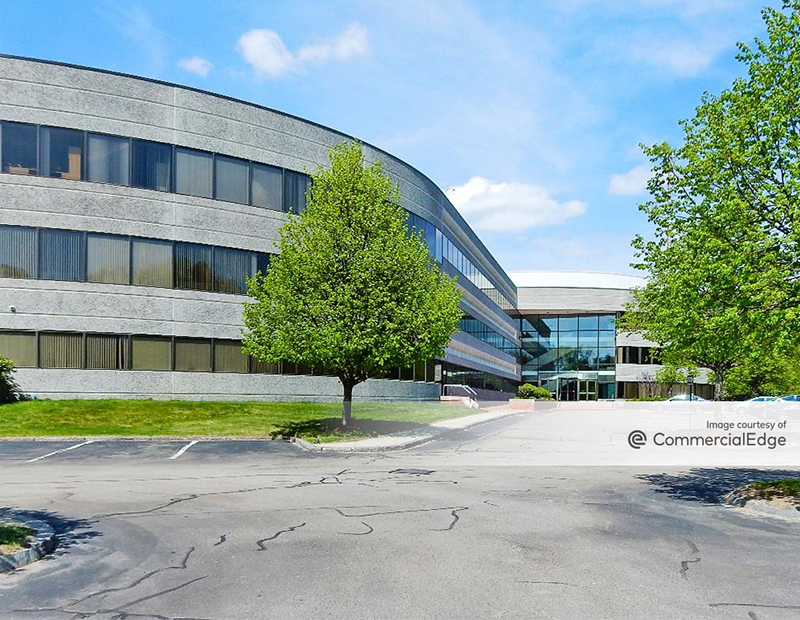
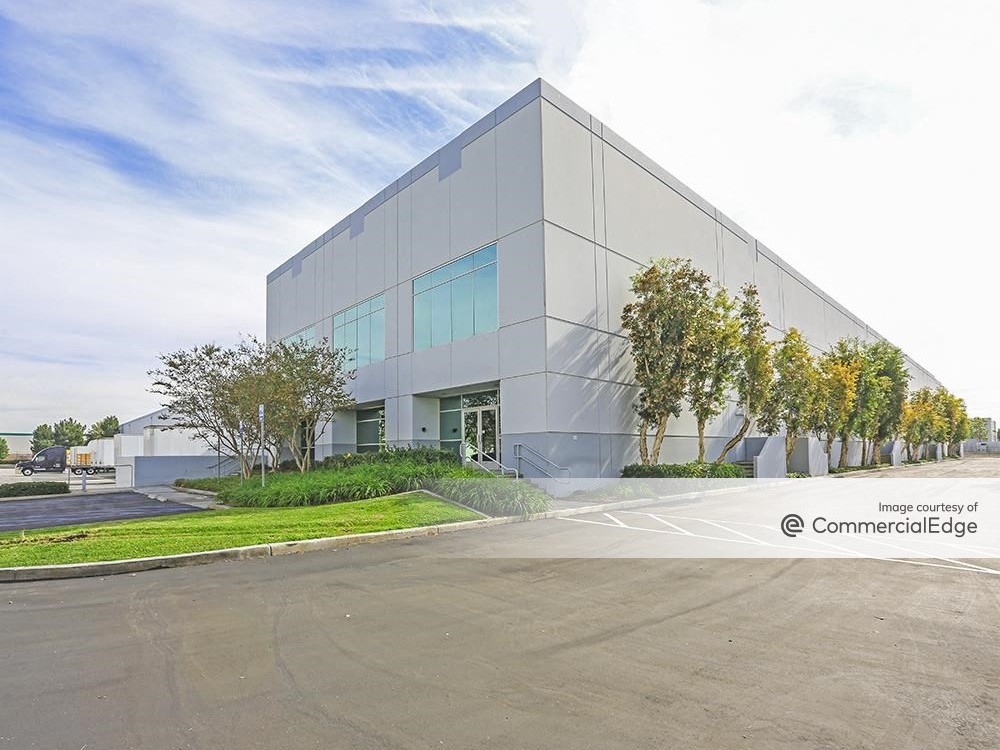
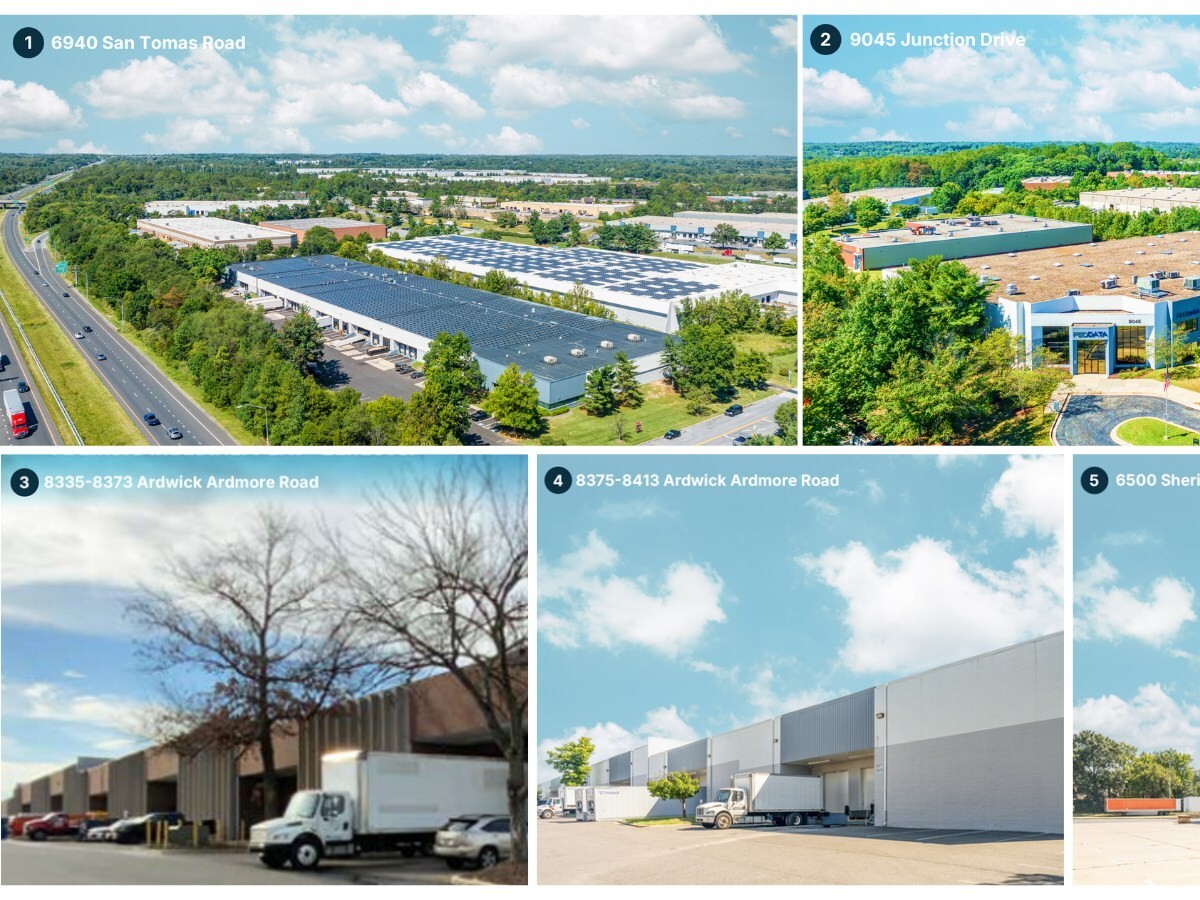
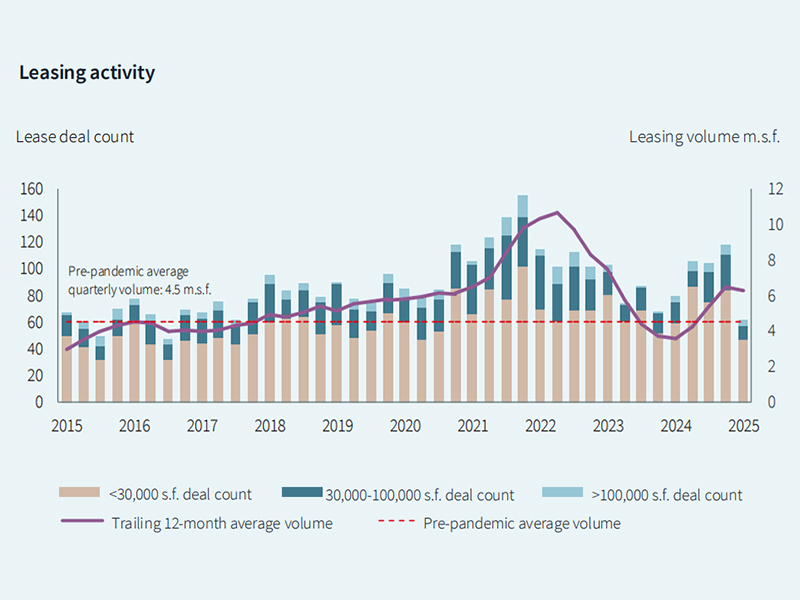

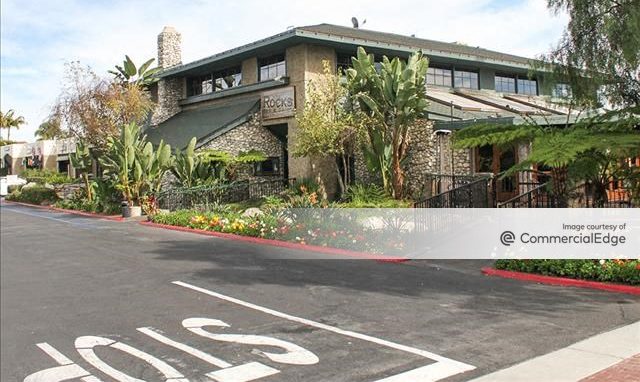
You must be logged in to post a comment.